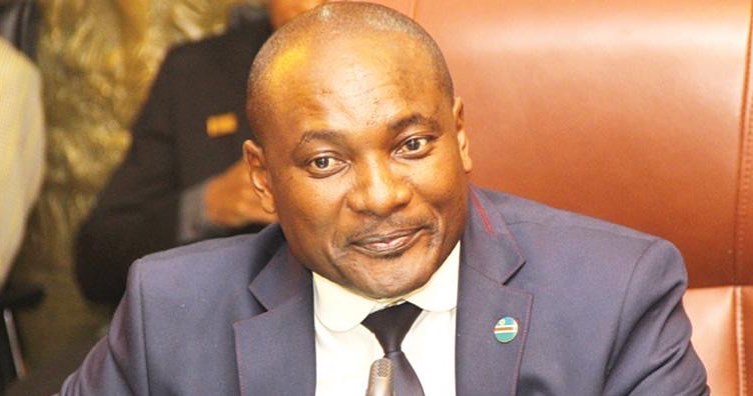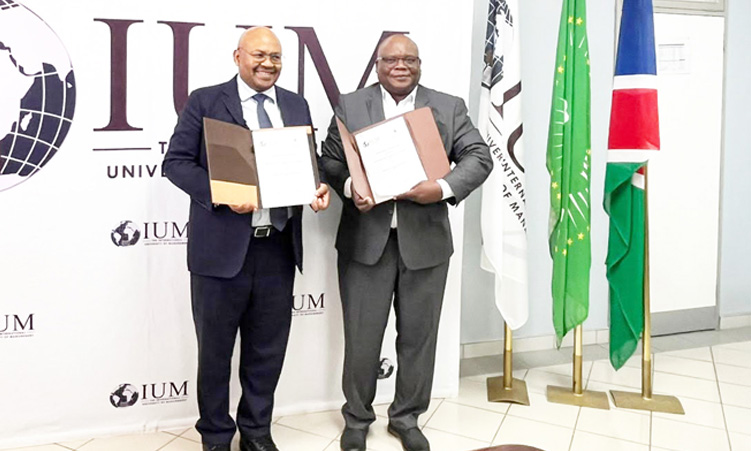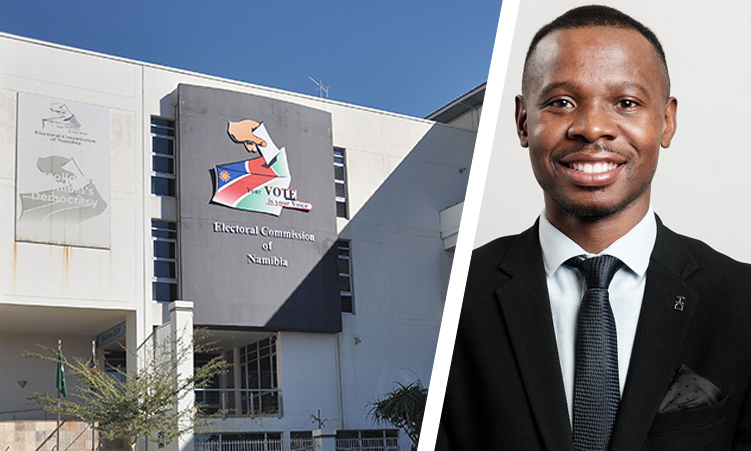Environment, forestry and tourism minister Pohamba Shifeta says for the African continent to adapt to the negative impacts of climate change, it is critical that Africa mobilise more financial resources to address climate change.
He said climate finance would ensure that the continent’s future development path is consistent with the goals of limiting global warming to no more than 1,5 degrees Celsius.
Shifeta made these remarks at the opening of the five-day Green Climate Fund (GCF) Regional Dialogue with Africa, which is currently being held in Windhoek.
Shifeta said although Africa is only responsible for a fraction of global gas emissions, it is suffering disproportionately from climate change which has strengthened fears that environmental degradation and demographic pressure will displace millions of people in Africa and cause serious social upheavals.
Negative impacts of climate change include extreme weather events, rising sea levels, changing rainfall patterns and increased climate variability.
“For the continent, adaptation to the adverse impacts of climate change is urgent. And yet, financing for climate change adaptation is only a drop in the ocean of what is needed,” said Shifeta.
He said many African countries have outlined bold aspirations to build climate-resilient and low carbon economies in their National Determined Contributions (NDCs) to the Paris Agreement on Climate Change.
“However, many of our commitments are conditional upon receiving adequate, financial, technical and capacity support,” he said.
Shifeta said public funding alone will not be enough, given the magnitude of investments needed, as well as current and future constraints on public domestic resources in Africa.
He said the private sector has significant potential to meet Africa’s climate finance needs and to mobilise private finance, the public sector needs to improve policy frameworks and investment environments and deploy concessional financing to target investment barriers.
The Green Climate Fund, he said, has funded a number of climate change projects in Namibia, through the Environmental Investment Fund of Namibia, which is the country’s accredited entity to the GCF.
Shifeta said these projects serve as a beacon of hope, showcasing the power of collaboration between Namibia and the GCF.
“We recognise the important role of the GCF as the world’s largest climate fund, mandated to support developing countries to raise and realise their NDCs towards low emissions and climate resilience pathways,” he said.
Shifeta added that it is worth mentioning that developed countries need to fulfill their pledges in relation to climate and development.
He called on delegates to help strengthen the impacts of the GCF across Africa, adding that the dialogue should not just be an occasion of knowledge exchange, but a pivotal moment to foster collaboration and “strengthen ties that bind us in the face of climate challenges”.
The dialogue is being held from 6-11 November, and is being attended by African officials from national designated authorities, accredited direct access entities, international accredited entities to the GCF and other GCF partners, as a platform for stakeholders to accelerate their engagement with the GCF.
Namibia is an active party to the United Nations Framework Convention on Climate Change, as well as to the Paris Agreement on Climate Change.
According to the joint press release by the Ministry of Environment, Forestry and Tourism, GCF and the Environmental Investment Fund, the dialogue is aimed at facilitating peer-to-peer learning based on experience and best practices and to identify climate change mitigation and adaptation initiatives, thereby strengthening the impact of the GCF in the African region.
Stay informed with The Namibian – your source for credible journalism. Get in-depth reporting and opinions for
only N$85 a month. Invest in journalism, invest in democracy –
Subscribe Now!






